Engineering Design

Educators and Parents, Sign Up for The Cheat Sheet
Weekly updates to help you use Science News Explores in the learning environment
Thank you for signing up!
There was a problem signing you up.
-

Moderna and Pfizer vaccines appear to cut coronavirus spread
The vaccines are about 90 percent effective at blocking infection, which should cut spread of the virus. And at least one vaccine works well in teens.
-
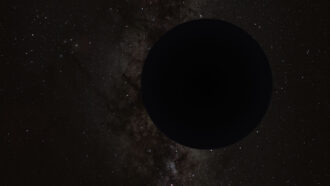 Planets
PlanetsSigns of a hidden Planet Nine in our solar system may be an illusion
Hints of the remote planet, also called Planet X, relied on clumped up orbits of bodies beyond Neptune. A new study suggests that clumping doesn’t exist.
-
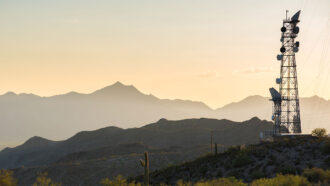 Tech
Tech5G promises new energy savings for digital tech
A new way to transmit wireless communications promises time and energy savings by using networks of smaller cells.
-
 Tech
TechGreening your digital life
The less electricity you use while playing video games or using your devices, the less impact you’ll have on climate change.
-
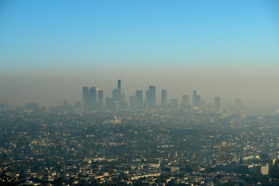 Environment
EnvironmentCOVID-19 cut pollution in 2020, warming the atmosphere
Pandemic-related lockdowns briefly warmed the planet. The reason: The cleaner air carried fewer planet-cooling aerosols.
By Sid Perkins -
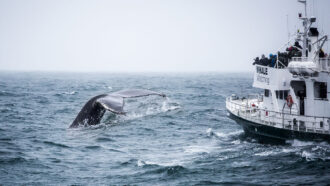 Math
MathExplainer: What is statistics?
Scientists use statistics to design studies, analyze data and evaluate uncertainty. You’ll find it in biology, climate change, medicine and more.
-
 Psychology
PsychologyBoredom may pose a public health threat in the social distancing era
Boredom contributes to pandemic fatigue, and it may account for why some people don’t follow social distancing rules.
By Sujata Gupta -
 Science & Society
Science & SocietyMachine learning includes deep learning and neural nets
By combining patterns found in mountains of data with information gleaned from mistakes, these computer programs expand their artificial intelligence.
-
 Tech
TechTraining AI to be really smart poses risks to climate
As artificial intelligence models grow larger and consume more energy, experts have begun to worry about their impact on Earth’s climate.
-
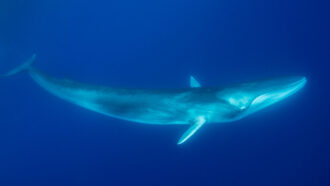 Earth
EarthFin whales could help scientists map what lies below the seafloor
Fin-whale calls are loud enough to penetrate into Earth’s crust, offering scientists a new way to study the properties of the ocean floor.
-
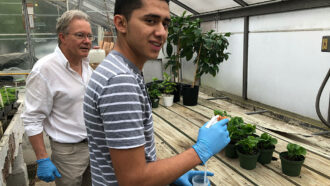 Science & Society
Science & SocietyWhen COVID-19 comes for your science fair
When labs shut down due to COVID-19, teens took their science fair projects to the internet and … sometimes even to the bathroom.
-
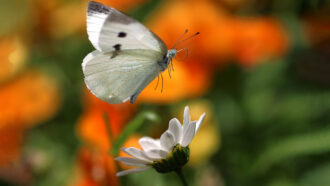 Physics
PhysicsButterflies use jet propulsion for quick getaways
If you have ever tried to catch a resting butterfly, you know they are surprisingly difficult to nab. A new study helps explain why.